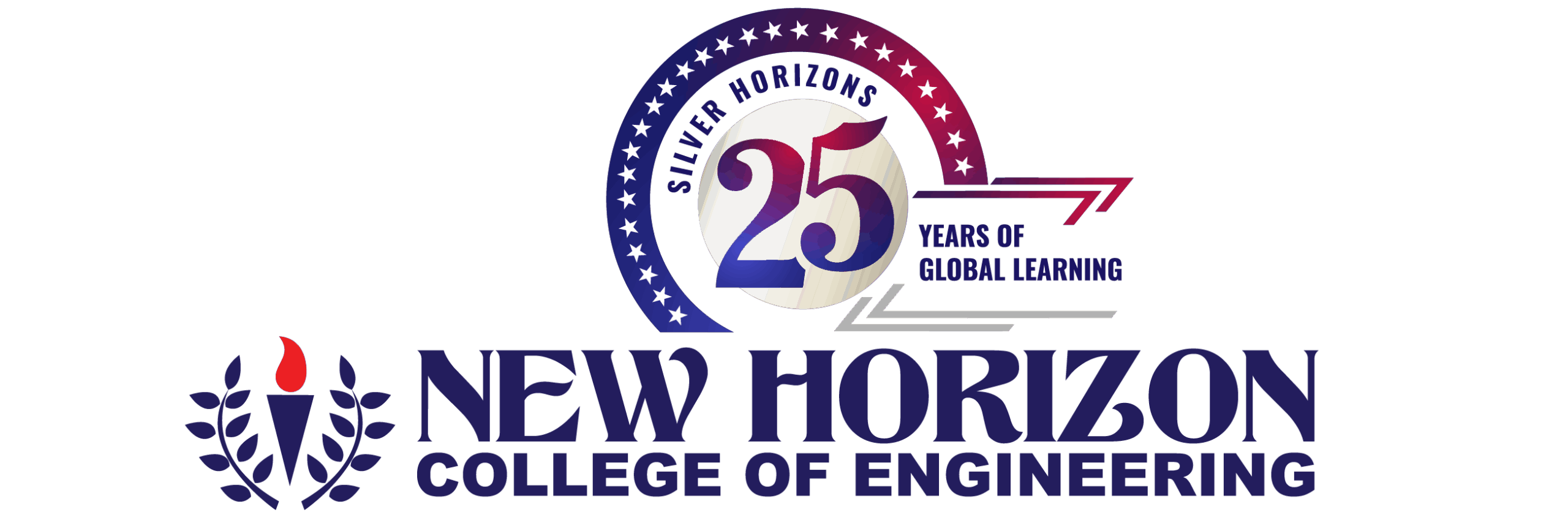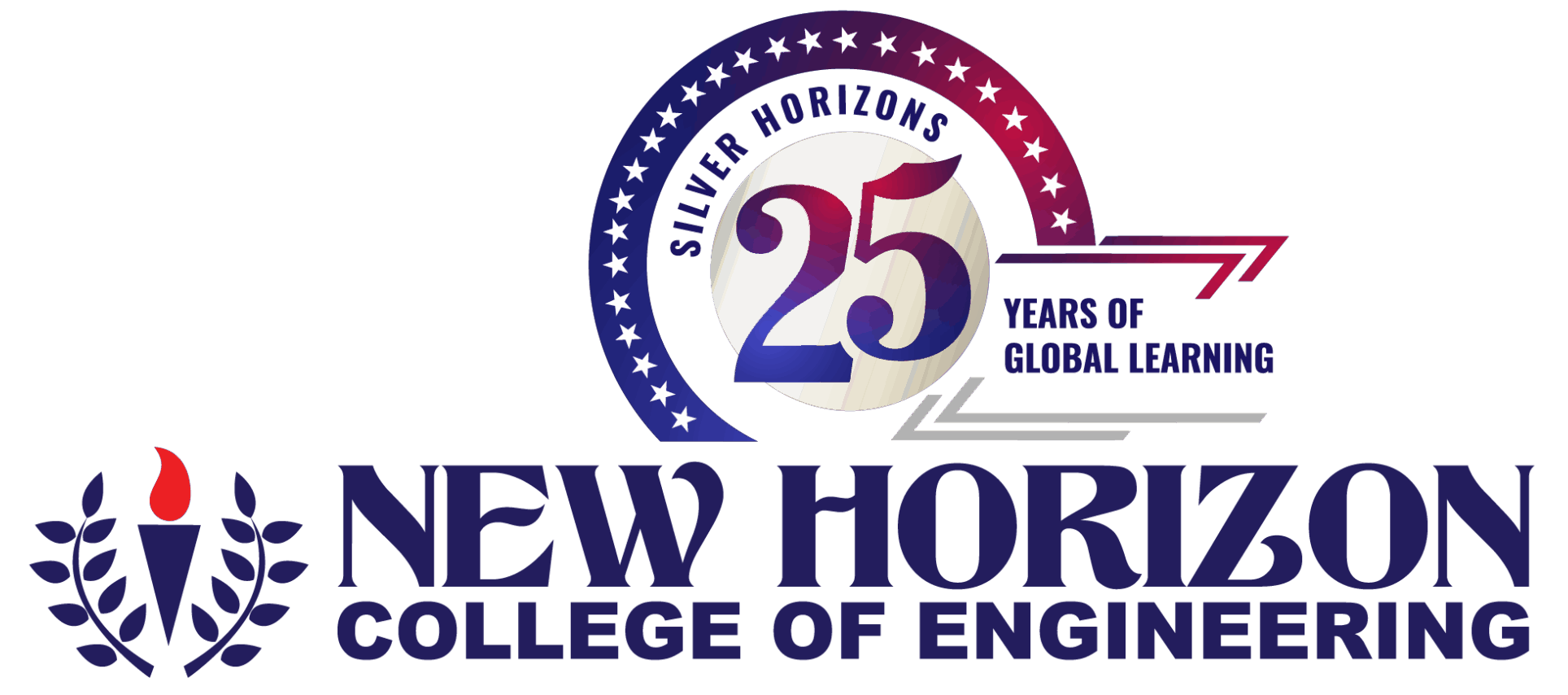Career Guidance to Chart Your Path for Success in Today's Dynamic World
In today’s professional world, charting a successful career path requires more than ambition and hard work. It demands strategic planning, continuous planning, and adaptability. In a competitive world, staying updated on the industrial ongoings and changes and adapting to those changes is important. Check out some much-needed tips to chart your path to success in the professional world.

Understand Yourself
Self-Assessment
Understanding your interests, strengths, weaknesses, and values is important before starting to etch a career path. Multiple tools like personality assessments, career aptitude tests, and reflective exercises give valuable insights into a career that might suit you best.
Set Goals
In prior, define clear and achievable career goals. Break them into short-term and long-term objectives. Having a roadmap will help you stay focused and motivated. It provides direction and purpose to your efforts in building a career.
Explore Career Options
Industry Research
Having an understanding of different industries and their happenings and trends will be key to selecting a career field. Research the required skills and qualifications, growth prospects, and the challenges in the industry. Knowledge of the industry eases your effort in steering your career.
Networking
Connect with professionals in the fields of your interest through events, social media, and professional communities. Networking is a valuable skill and opens the doors to opportunities that may not be found in the traditional approach to building a career.
Build Skills
Education
Education is important. There is no alternative to learning and it should start with a systematic approach in schools, colleges, and universities. Institutions are the right place to learn, and knowing about the place you intend to learn before joining is equally important.
Soft Skills
Soft skills are important in both academic and professional spaces. Developing skills like communication, teamwork, problem-solving, and adaptability plays an important role in shaping your career. These skills are as important as technical abilities to succeed in the workspace.
Gain Experience
Internships and Volunteering
Gain practical experience through part-time jobs, internships, or volunteering. These opportunities not only provide hands-on learning but also help you build a professional network.
Projects and Portfolios
Work on relevant projects and create a portfolio showcasing your skills and accomplishments. A strong portfolio can set you apart from other candidates and demonstrate your capabilities to potential employers.
Adapt to Changes
Embrace Change
The world is constantly changing. With new technologies and methodologies emerging, it is key to have the skill to adapt to changes. Be open to change and willing to adapt. Staying flexible in the workspace allows you to seize new opportunities and navigate challenges effectively.
Build Resilience
Develop resilience to handle setbacks and failures. Staying positive in adverse situations will help you build a character and an attitude towards approaching a problem. Learn from the experience and keep moving forward. Resilience is the key to long-term success and personal growth.
Seek Guidance
Find a Mentor
Having a mentor is an invaluable asset in your career growth. They guide you through your career journey and bring in their experience to help you learn along the way. Look for mentors within your organization, industry, or a professional network who can offer insights and support.
Professional Coaching
If needed, consider hiring a career coach for personalized guidance and strategies tailored to your career goals. Career coaches can help you identify strengths, overcome obstacles, and create effective career plans through career guidance.
Conclusion
In today’s dynamic world, charting a successful career path requires a proactive and strategic approach rather than an emotional one. It starts by understanding yourself, your interests and abilities, exploring options, adapting to changes, and most importantly, actively seeking guidance. With the right career guidance, you can easily navigate the complexities of the professional landscape and achieve your career aspirations. Remember, your career is a journey, not a destination. Always stay curious, stay motivated, and keep learning.
Frequently Asked Questions (FAQs)
Yes, engineering is a good career choice for many reasons. It offers diverse specializations, including civil, mechanical, electrical, and software engineering, among others. Engineers are in high demand globally due to their skills in problem-solving, innovation, and designing solutions that improve lives.
Career counselling can be very beneficial in choosing a profession. Career counsellors provide valuable insights into different career paths, helping individuals understand their strengths, interests, and values. They offer guidance on educational and training requirements, job market trends, and potential career opportunities.
The best career for the future varies depending on individual interests and market trends, but several fields such as software development, data science, cybersecurity, and artificial intelligence, are expected to be in high demand. Healthcare professions, including nursing, medical technology, and telemedicine, are also projected to grow significantly. Ultimately, the best career is one that aligns with personal passions and offers opportunities for growth and fulfilment.
Internships are invaluable in building a career. They provide practical experience and a chance to apply theoretical knowledge in real-world settings. Internships help individuals develop professional skills, such as teamwork, communication, and problem-solving, which are crucial for career success.
The main goal of a mentor is to provide guidance, support, and advice to help a mentee achieve their personal and professional goals. Mentors share their knowledge and experience, offering insights that can help mentees navigate challenges and make informed decisions.





